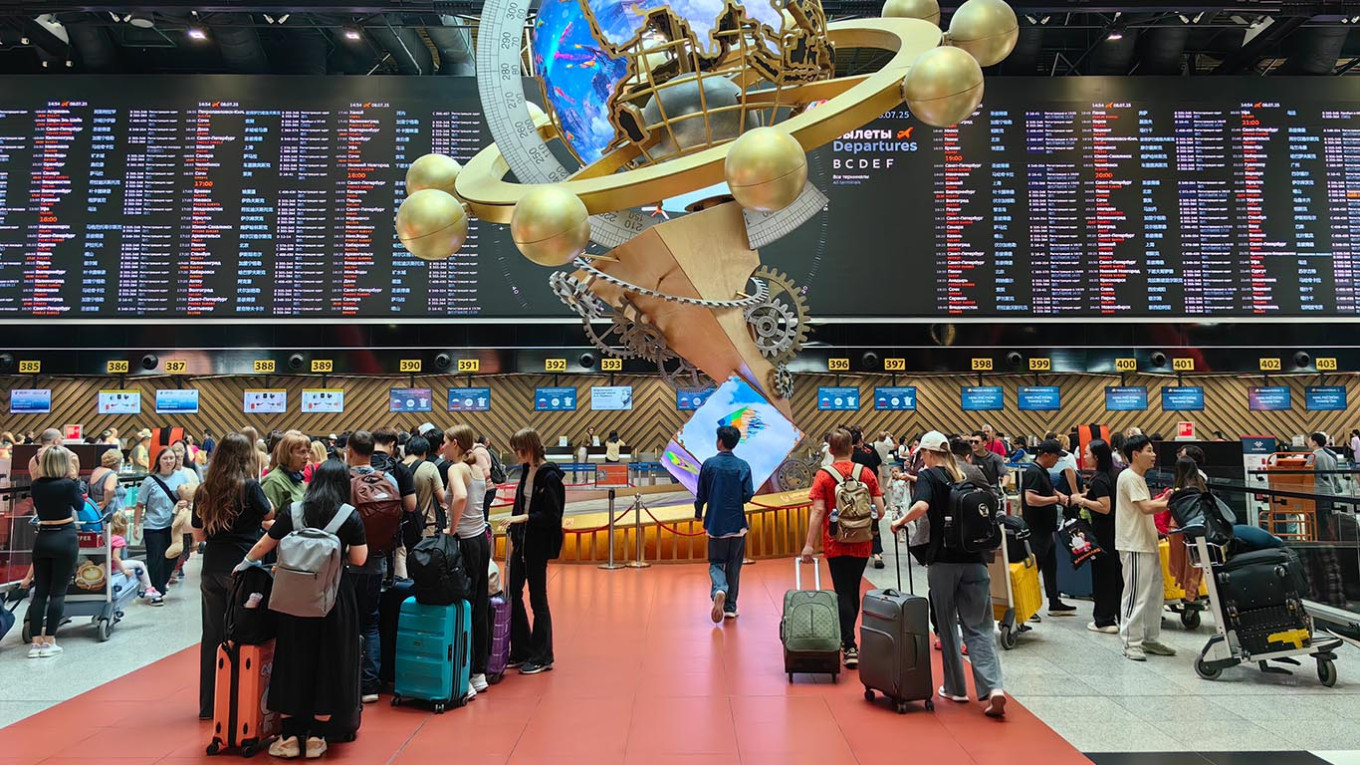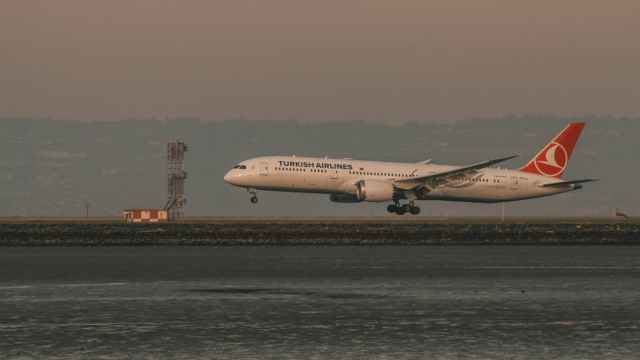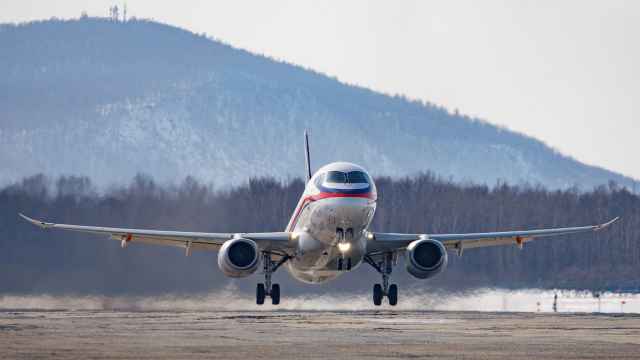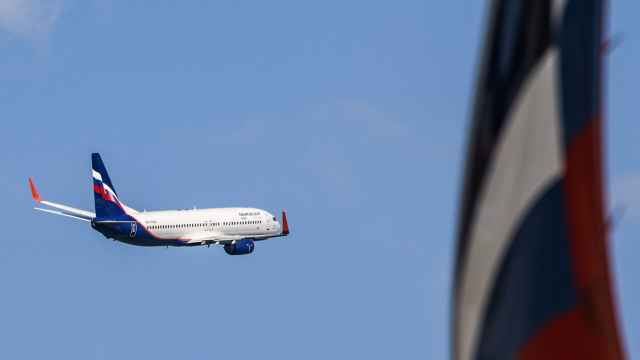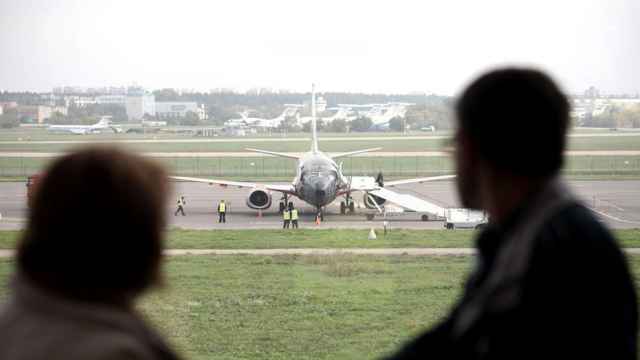Major Russian airports are preparing to integrate artificial intelligence into their security systems using technology developed by Ntechlab, a leading Russian facial recognition company under Western sanctions, the broadcaster RTVI reported Monday.
The new system includes real-time analysis of surveillance footage to detect potential security threats. One capability cited by the company is identifying when a passenger mistakenly ends up on the airport tarmac outside designated zones.
The system also uses neural networks to detect passengers attempting to bypass security checkpoints or access restricted areas, as well as monitor improperly parked service vehicles and unauthorized staff movements on airport roads.
“Our product has extensive capabilities, with transportation security being one of its core applications,” Ntechlab CEO Alexei Palamarchuk told RTVI. “AI can also be used to monitor terminal crowding, which will be especially helpful during rush hours or peak travel seasons.”
Ntechlab said the AI system was successfully tested at one of Moscow’s four airports, but it did not specify which one. The company added that it plans to roll out the technology to other Russian regions but did not provide a timeline or identify specific airports.
Ntechlab is under U.S. and EU sanctions for allegedly enabling mass surveillance and human rights violations through its facial recognition tools, which have been used by Russian authorities.
The announcement comes one week after Ukrainian drone attacks caused significant flight disruptions at airports throughout the country. Hundreds of flights were delayed or canceled, with estimated airline losses totaling 20 billion rubles (about $250 million).
A Message from The Moscow Times:
Dear readers,
We are facing unprecedented challenges. Russia's Prosecutor General's Office has designated The Moscow Times as an "undesirable" organization, criminalizing our work and putting our staff at risk of prosecution. This follows our earlier unjust labeling as a "foreign agent."
These actions are direct attempts to silence independent journalism in Russia. The authorities claim our work "discredits the decisions of the Russian leadership." We see things differently: we strive to provide accurate, unbiased reporting on Russia.
We, the journalists of The Moscow Times, refuse to be silenced. But to continue our work, we need your help.
Your support, no matter how small, makes a world of difference. If you can, please support us monthly starting from just $2. It's quick to set up, and every contribution makes a significant impact.
By supporting The Moscow Times, you're defending open, independent journalism in the face of repression. Thank you for standing with us.
Remind me later.


